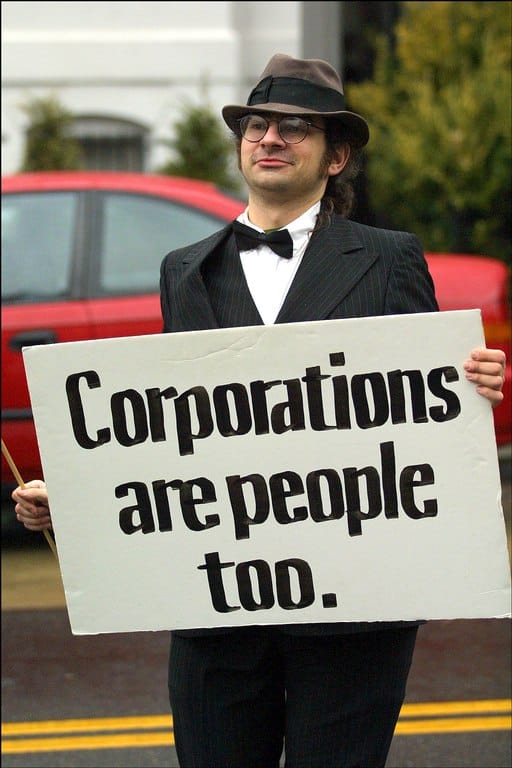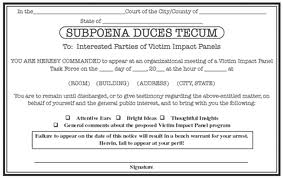Corporations Code section 1312 generally governs the rights of minority shareholders who dissent from mergers and buyouts. The court was faced with how section 1312(b), which involves buyouts when parties to a merger are under common control, interacts with section 1312(a) in light of the California Supreme Court’s holding [Steinberg v. Amplica, Inc. (1986) 42 Cal.3d 1198, […]
Intentional Interference Or “Never Attempt To Win By Force What Can Be Won By Deception.” Niccolo Machiavelli.
A Japanese corporation developed a drug to treat pulmonary arterial hypertension [PAH]. The company entered an agreement/license with a California-based company to develop and commercialize its drug in North America and Europe. Meanwhile, a Swiss corporation acquired the California-based company. BTW, did I mention the Swiss company also markets a drug to treat PAH? Once it […]
Under Freedom Of Information Act Corporate Documents Are Not Exempted For “Personal Privacy.”
The U.S. Supreme Court ruled that the “personal privacy” exemption from disclosure under the Freedom of Information Act does not apply to corporations. The court held that corporations do not have “personal privacy.” FCC v. AT&T, Inc. (U.S. Supr. Ct.; March 1, 2011) 131 S.Ct. 1177, [179 L.Ed.2d 132].
Plaintiff Lacks The Corporate Capacity To Sue.
At a time when its corporate powers were suspended for failure to pay taxes, a corporation assigned its rights and interests to an entity. The assignee filed an action, and the trial court ordered the complaint stricken and the action dismissed. The appellate court agreed with the trial court that plaintiff lacked the capacity to sue. […]
Demand Futility In A Shareholder Derivative Action Not Adequately Alleged.
Plaintiff filed a shareholder derivative action against officers and directors of a publicly traded company incorporated in Delaware. The trial court sustained his demurrer without leave to amend for failure to allege facts to allege demand futility with the particularity required by Delaware law. The appellate court affirmed, stating that “plaintiff failed to plead particularized facts […]
Arbitration For One Part Of An Action, But Not The Other.
In a class action against both DirecTV and Best Buy, plaintiffs allege a scheme to deceive, involving the apparent sale of equipment that was actually only leased to customers. The district court ordered the matter into arbitration. The Ninth Circuit found that DirecTV’s arbitration agreement is enforceable under the holding in AT&T Mobility v. Concepcion (2011) 131 […]
Confidential Documents Belonging To Nonprofit Given To Mine Lawyers.
A nonprofit environmental group opposed a mine project through a ballot initiative, in order to preserve natural resources. In its venture, the nonprofit contracted with a fundraiser, and eventually the two had a financial dispute. The fundraiser gave confidential documents belonging to the nonprofit to the lawyers for the mine; the lawyers gave the fundraiser a […]
Homeowners Gone Wild Inside Of A Limited Liability Company.
Homeowners in a homeowners association transferred title to themselves as trustees for a family trust. Thereafter they submitted architectural plans to remodel the house, which were submitted to the HOA, and resulted in a dispute. The HOA denied the access to HOA’s board meetings to the lawyer for the trust because the HOA’s lawyer was of […]
Despite The Fact Its Corporate Powers Were Suspended When The Appeal Was Filed, So Long As Corporation Was Reinstated, Plaintiff Corporation Was Permitted To Continue With Its Appeal.
Before trial, defendants learned that plaintiff corporation’s corporate powers had been suspended by the State of California due to nonpayment of taxes and moved for the trial court to preclude plaintiff from offering any evidence at trial. The court denied the motion contingent on the corporation’s reviving its corporate powers. Later, the court entered judgment in […]
An Administrative Subpoena Duces Tecum May Issue By The California Corporations Commissioner To Subpoena Witnesses In Order To Investigate Violations Of The Corporate Securities Law.
Believing that a corporation might be engaged in violations of the Corporate Securities Law of 1968 [CSL; Corporations Code section 25000], the California Corporations Commissioner issued a subpoena duces tecum requiring the production of certain documents. When all of the documents were not forthcoming, the Commissioner subpoenaed the custodian of records, and the corporation refused to […]









